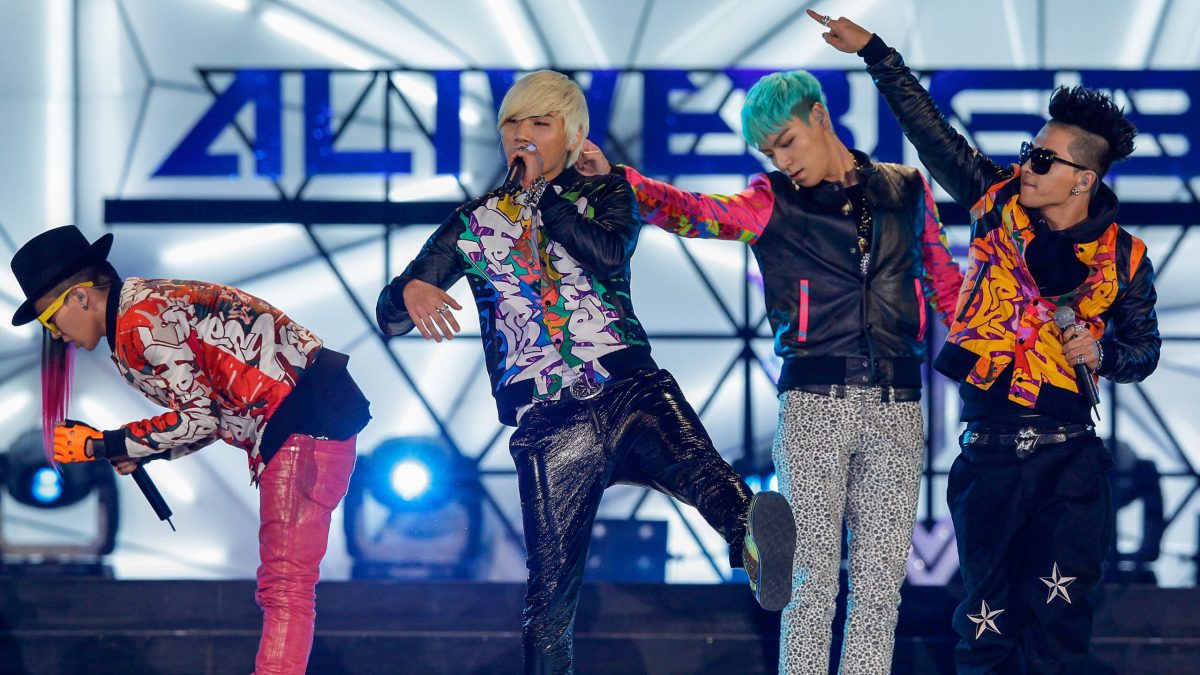Korean boy band Big Bang, one of the most beloved K-Pop groups of all time, have dropped a brand new single and accompanying music video.
The single, “Still Life,” marks the end of a four-year hiatus for the creative quartet, who had to put a hold on their careers to complete their compulsory military service.
YG Entertainment, the label under which Big Bang are signed, teased the comeback in an Instagram post published on March 20, depicting a instant-film photo with an almost entirely black background, with the band’s foreshadowed return date written in the margins.
Over the course of early 2017 to late 2019, band members G-Dragon (Kwon Ji-yong), T.O.P. (Choi Seung-hyun), Taeyung (Dong Young-bae), and Daesung (Kang Dae-sung) all enlisted in the South Korean military to complete the mandatory service required of them as male citizens of South Korea.
South Korean military conscription has existed in the country since 1957, and requires masculine-gendered individuals between the ages of 18 and 28 to complete a set amount of military service, which usually spans a two-year period, though exact lengths depend on the branch that is entered.
T.O.P. was conscripted as a police officer on February 9th, 2017, though his projected discharge date of November 8, 2018 was delayed after he was placed on two years’ probation after pleading guilty to marijuana usage charges. He resumed his service on January 26, 2018, and was discharged on July 6, 2019.
G-Dragon served in Gangwon’s 3rd Infantry Division boot camp as an active-duty soldier from February 27, 2018 until his discharge in October 26, 2019, having met the requirements of his service. Taeyung and Daesung were both discharged on November 10 of that same year, having enlisted on March 12 and 13, respectively. Both served as active duty soldiers in Gangwon’s 6th Infantry Division boot camp.
Despite the law stating that men must complete their service by age 28, exemptions for K-Pop artists have been made before, most notably for highly-acclaimed K-Pop outfit BTS, whose contributions to South Korea’s international status and economy saw the government grant its members a two-year extension, allowing them to complete their service by age 30 instead of 28.
